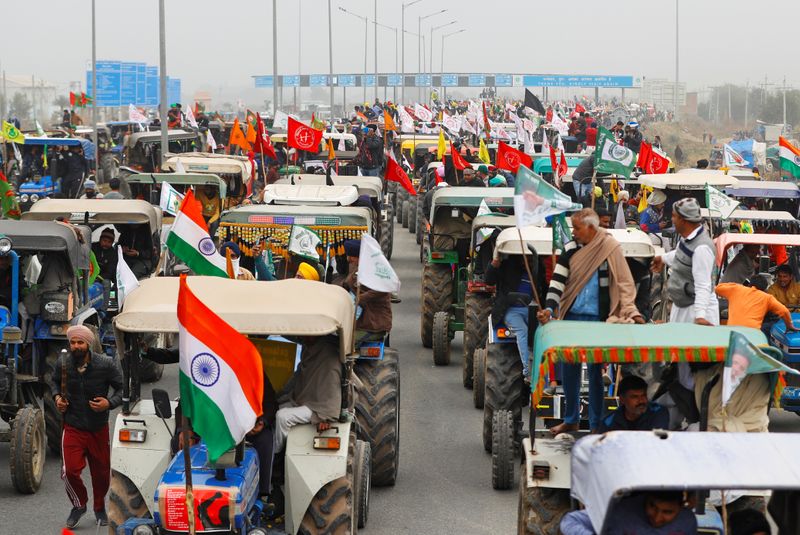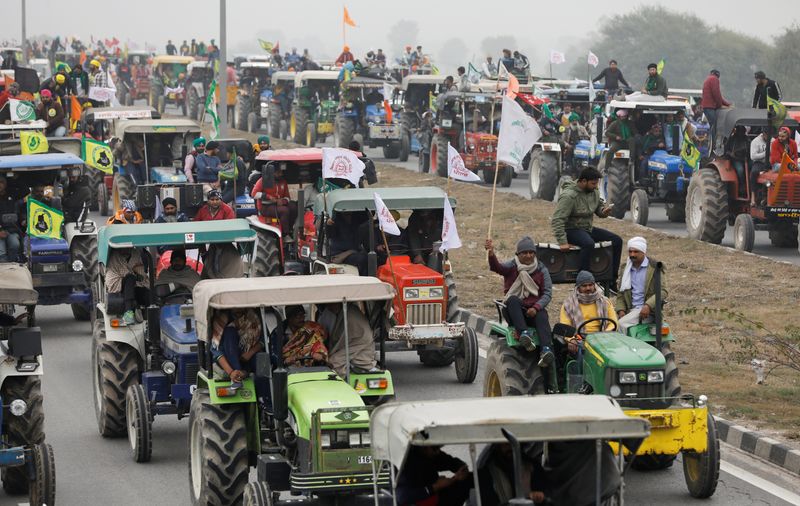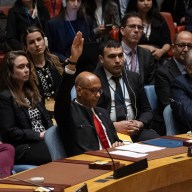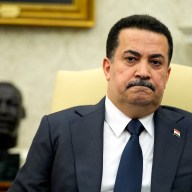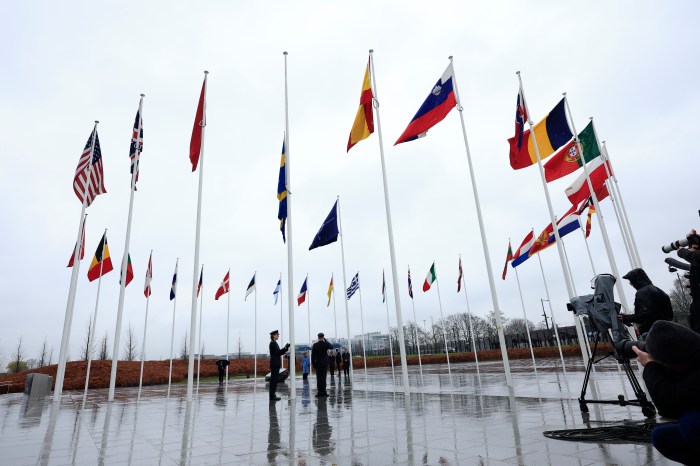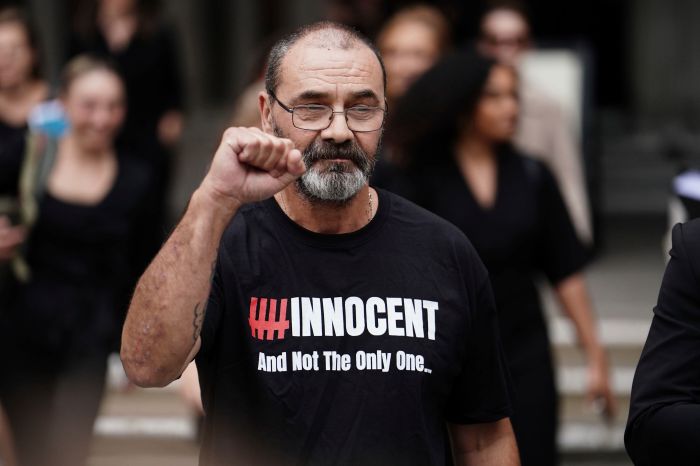NEW DELHI (Reuters) – Police in India’s capital New Delhi will allow thousands of protesting farmers to drive through the city after this week’s Republic Day military parade, despite security concerns, a senior official said on Sunday.
The police statement comes after India’s Supreme Court on Wednesday declined a government petition to ban the rally.
Farmers have been camping on the outskirts of national capital for around two months in protest against Prime Minister Narendra Modi’s controversial farm laws which they say will hurt their livelihoods and help big companies.
To up the ante, farmers wanted to drive tractors to the centre of New Delhi on Jan. 26, the Republic Day national holiday when Modi will join a parade of military forces in the capital.
Senior police officer Dependra Pathak said the city police would allow at least 12,000 tractors on Delhi’s roads to move over a 100 km (62.14 mile) stretch away from the centre on Jan. 26 after the parade.
“This will be a very challenging task but we decided upon it so that there is a peaceful and disciplined solution,” he told a news conference.
Security arrangements were being made to allow tractors through certain designated entry and exit points on the day, Pathak said, adding that intelligence inputs indicate some people may try to disrupt a peaceful rally by the farmers.
The government – which says the agriculture reforms will boost farmer incomes – has agreed to suspend the laws, but the farmers have said New Delhi must repeal them.
Talks between farmers and Modi’s government have so far failed to break the deadlock – landing Modi with one of his most significant challenges since he was re-elected in 2019.
(Reporting by Neha Arora; editing by Aditya Kalra and Philippa Fletcher)

